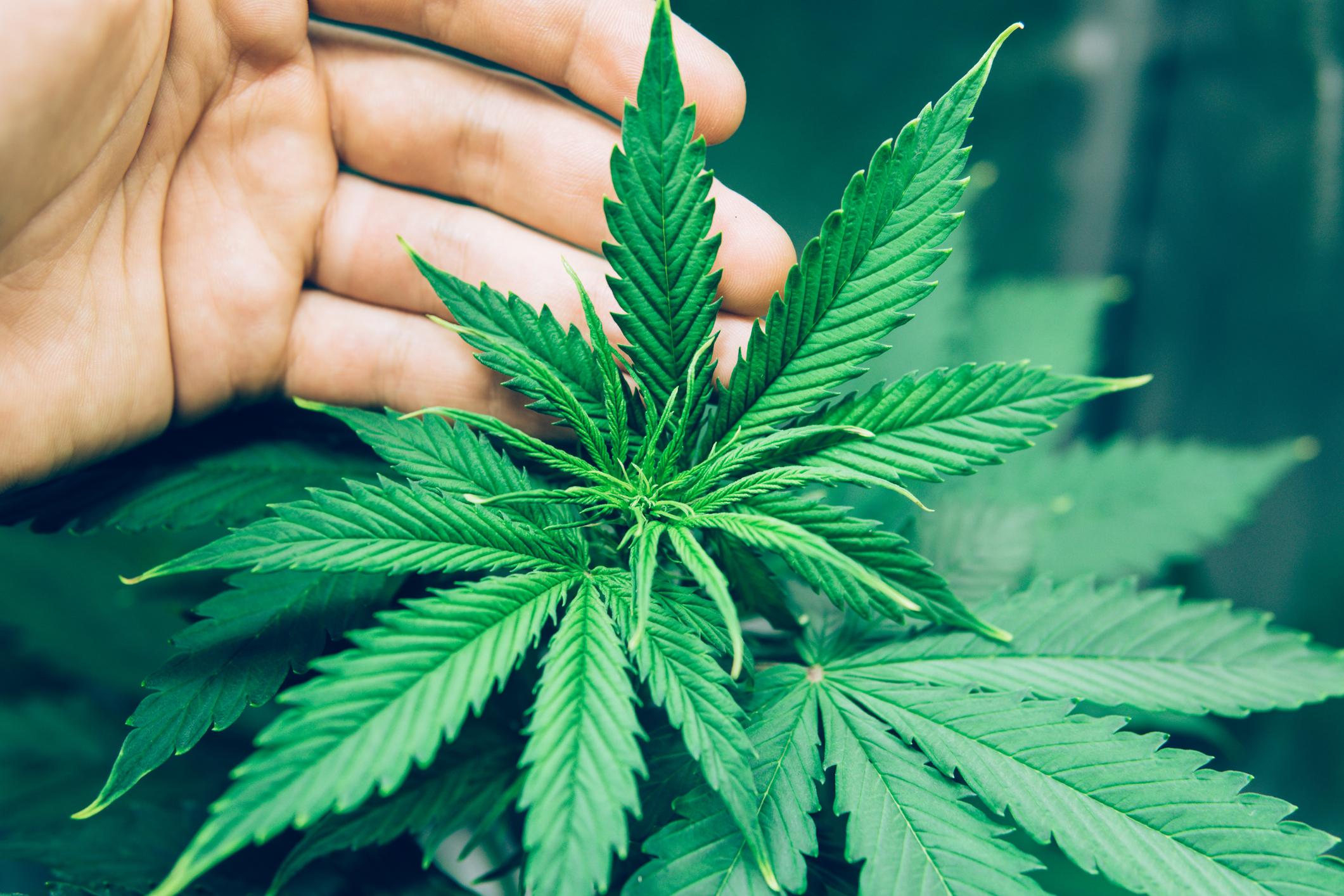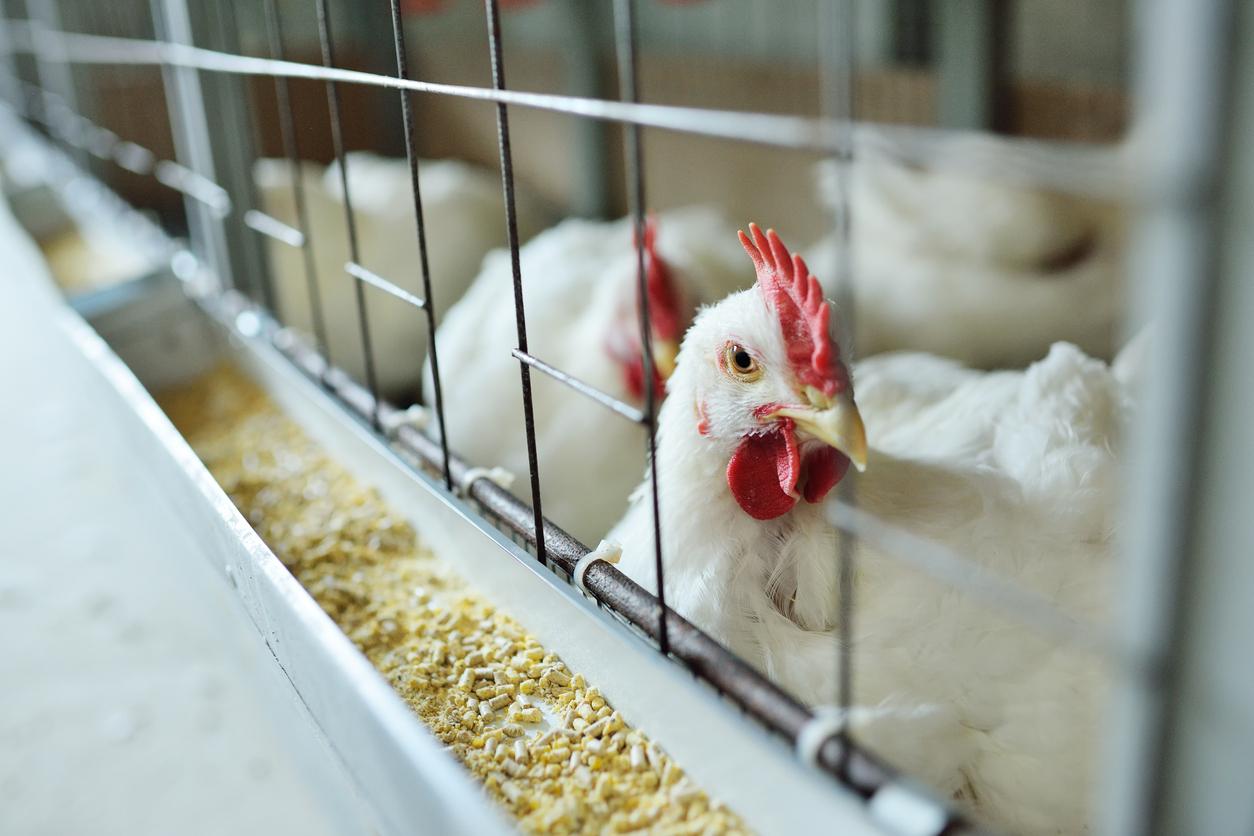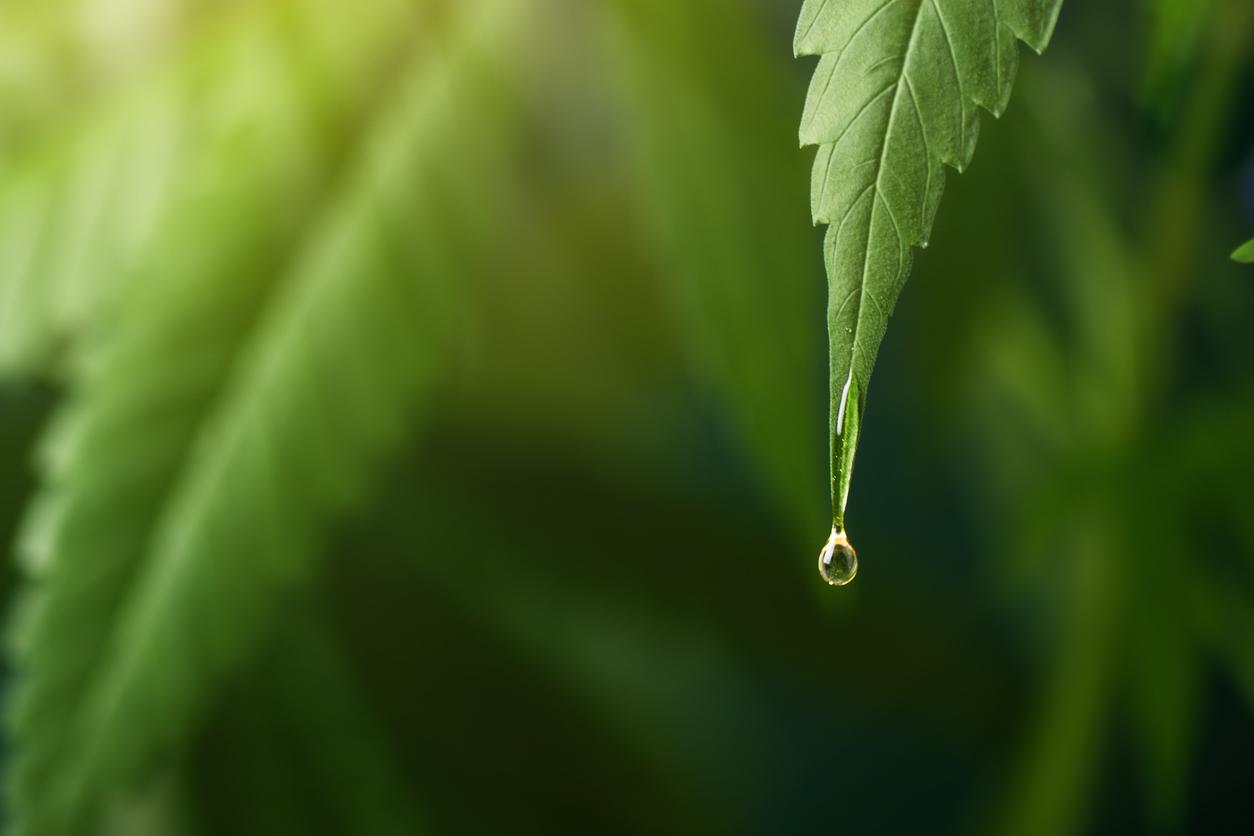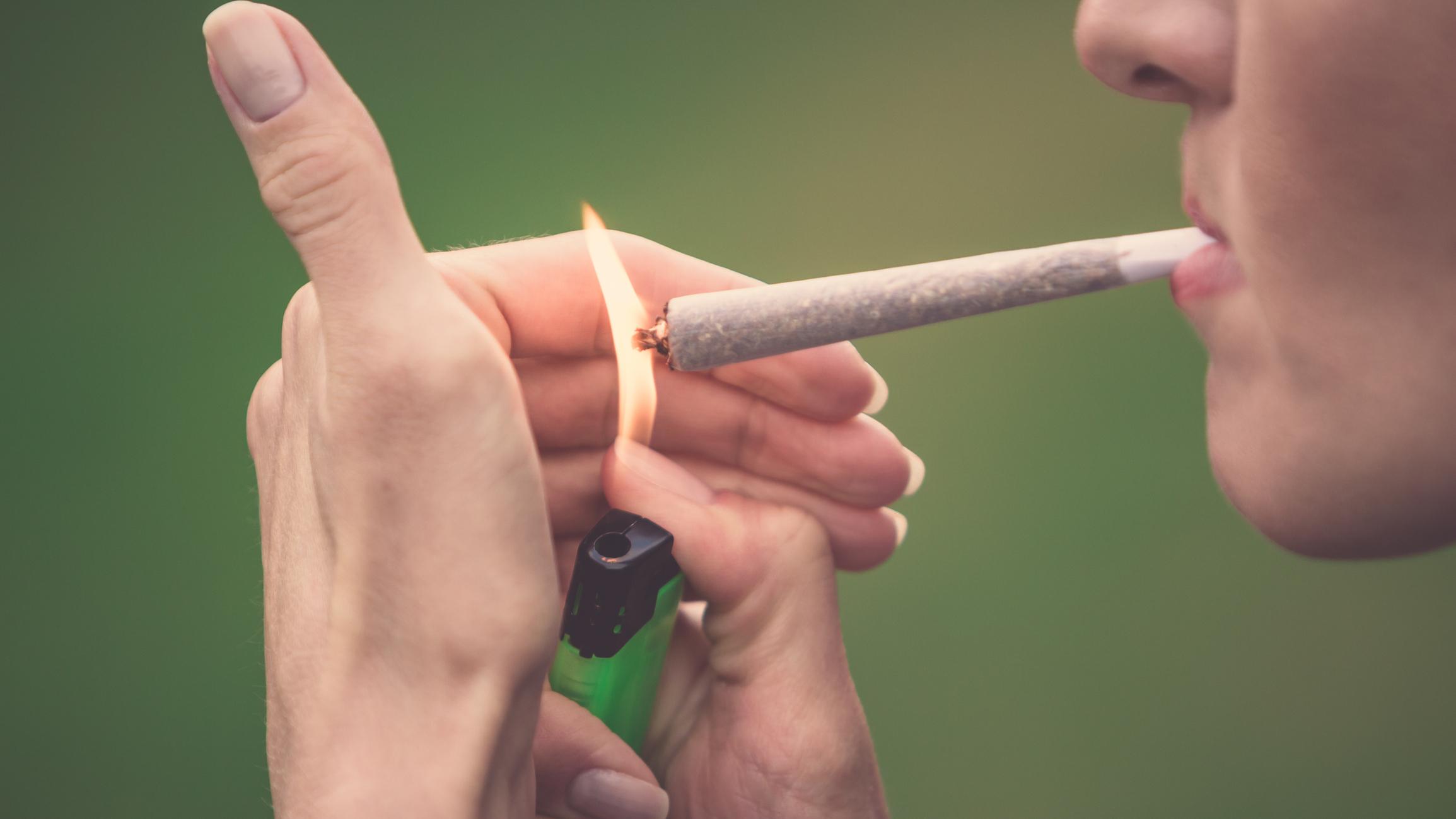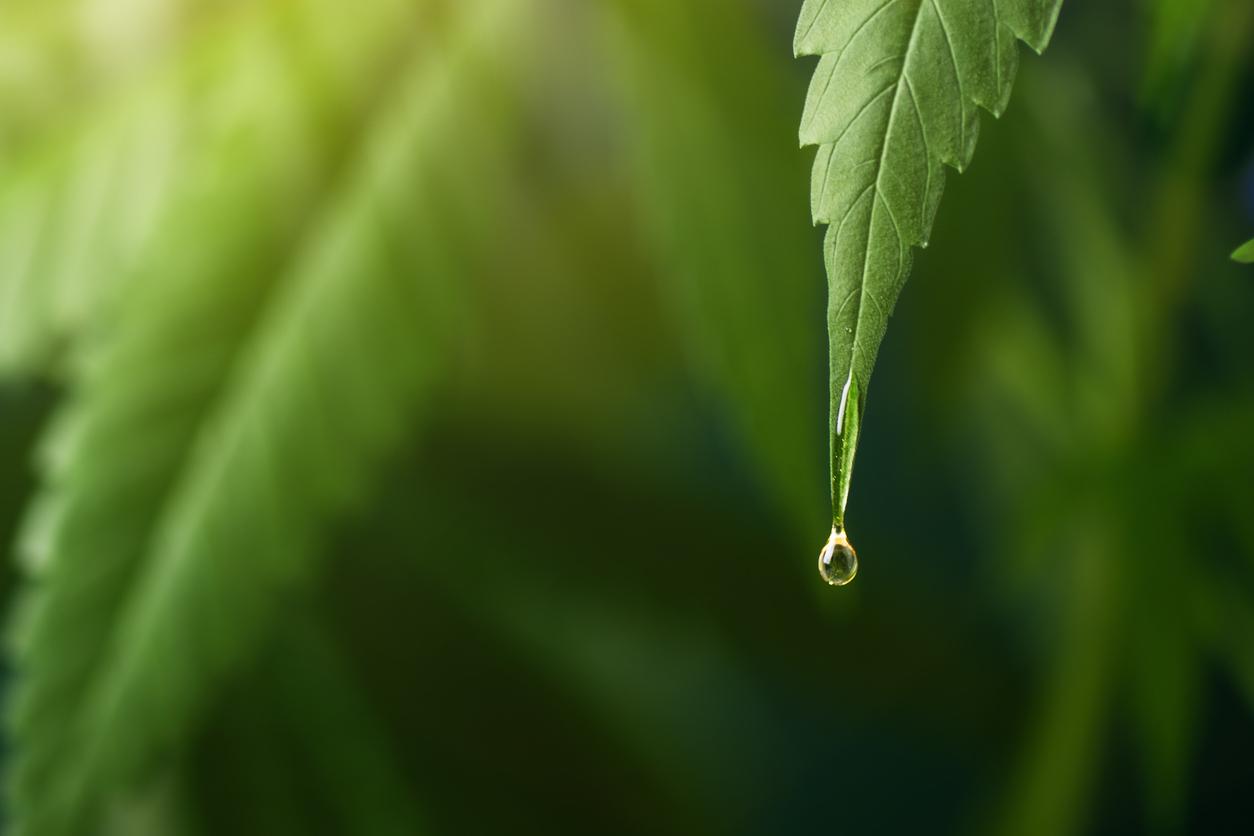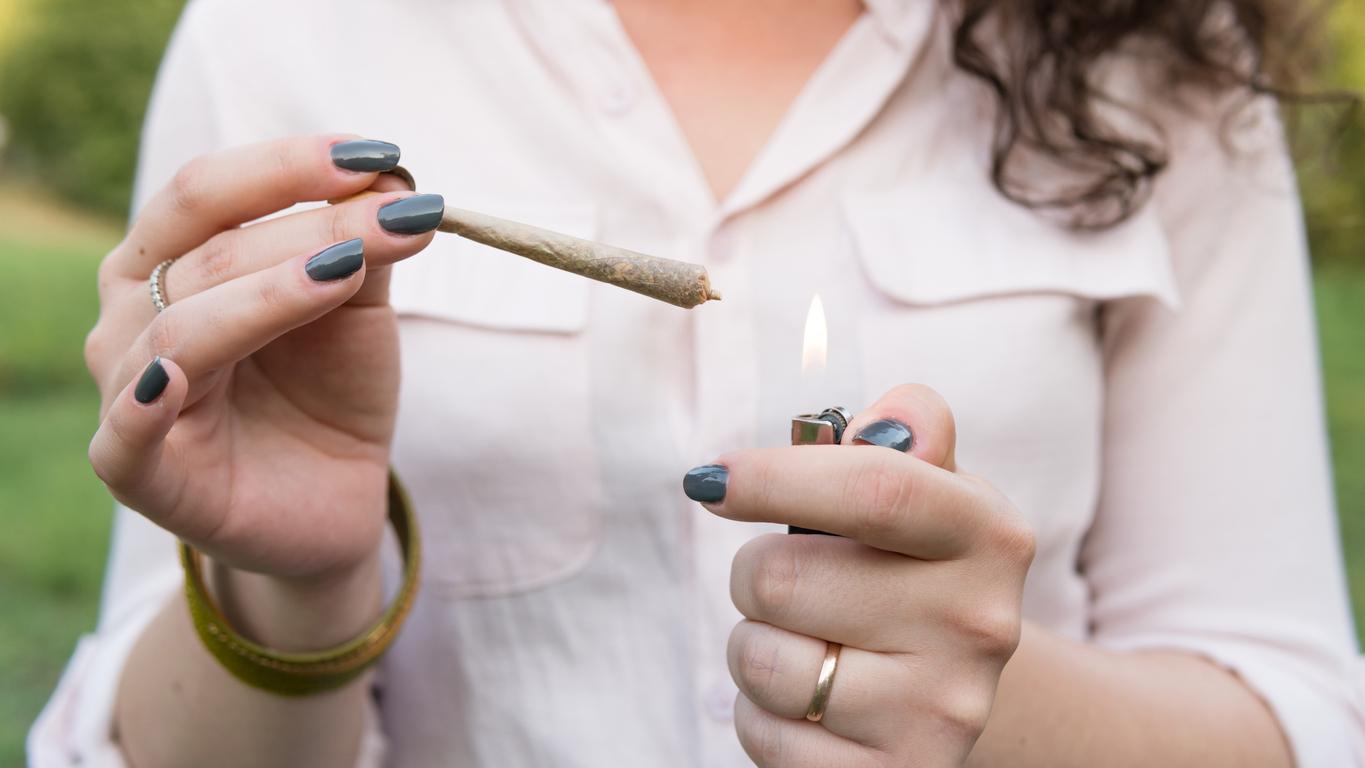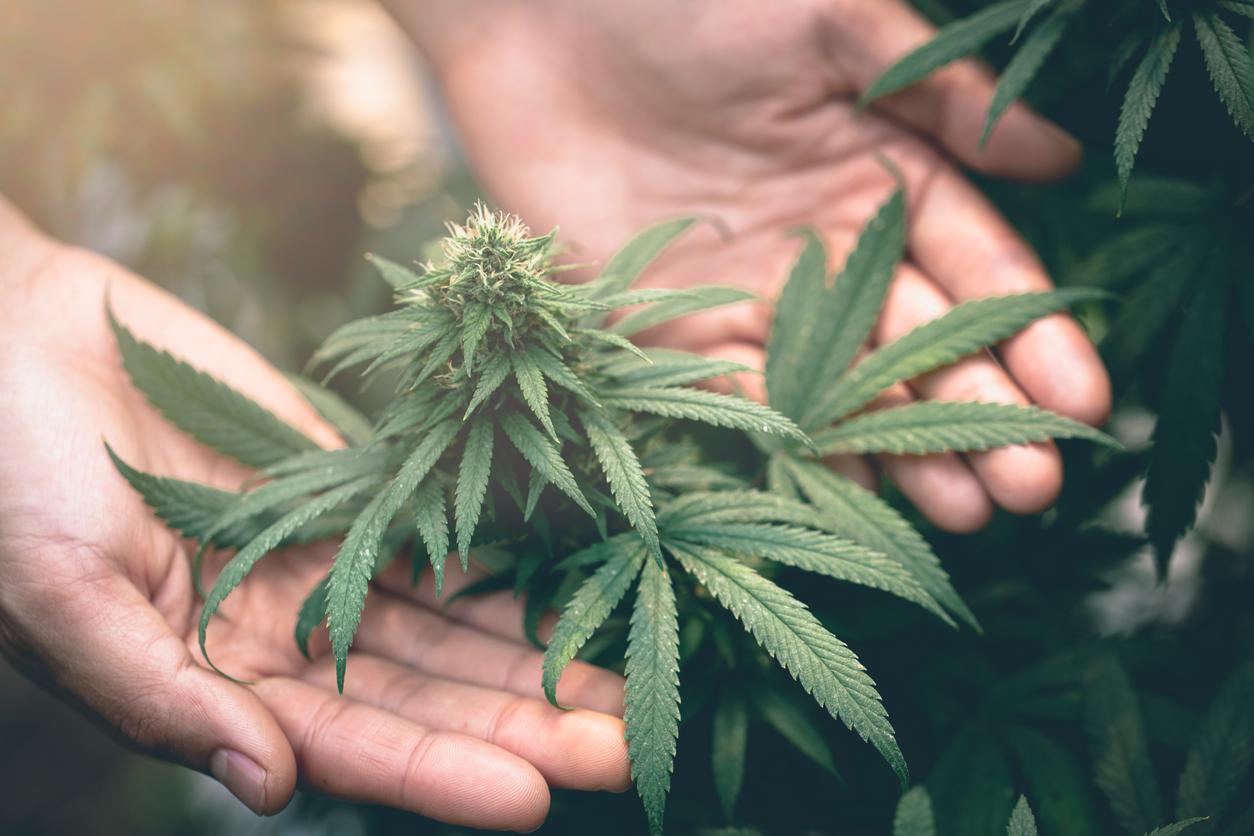Canada has introduced a bill that aims to legalize cannabis. It will remain very supervised. Selling to minors is prohibited, as is driving under the influence.

After Uruguay, Canada! The North American state has taken a step in the direction of legal smoking. On April 13, the government tabled a bill that legalizes the production and consumption of cannabis. Authorized, therefore, but still very supervised. Prime Minister Justin Trudeau has chosen moderation and is accompanying this opening with a series of strict measures.
Signed by the government, this bill has yet to be passed by Parliament and receive royal assent. Signed by the Lieutenant Governor of Canada, it allows the text to be promulgated. Once these steps are completed, the government plans to lift the ban in July 2018.
Impeccable conduct
“This cannabis bill reflects an evidence-based approach and will protect public health and safety in Canada,” Justice Minister Jody Wilson-Raybould said in a press release. Indeed, several experts were consulted before the drafting of the bill.
Weed will therefore be legal in Canada. Citizens will be allowed to possess up to 30 grams of cannabis in public. They will also be authorized to cultivate, at their domicile, grains or seedlings approved by the State, within the limit of 4 plants with a maximum height of one meter. A choice close to that of Uruguay, which opted for coaching. The import and export of products containing cannabis remain prohibited, in order to comply with foreign laws.
Not surprisingly, driving under the influence of narcotics remains prohibited. Beyond 2 nanograms of THC in the body, the driver is exposed to heavy penalties. A rigorous framework which must guarantee the safety of consumers and other citizens. “The number of deaths and accidents on our roads will decrease,” predicts Jody Wilson-Raybould. To achieve this, Canada plans to offer new tools to law enforcement and launch awareness campaigns.
Plants under control
Legalizing cannabis is also an opportunity to make the law more precise concerning young people. Selling to minors will henceforth be recognized as a specific “criminal offense”. Selling or offering weed to a young person will therefore be punishable by 14 years of imprisonment. The text “will also ban all products, promotion, packaging and labels that could be attractive to young people,” said Jane Philpott, Minister of Health. This decision is motivated by the scientific literature, which reports a major impact of cannabis on these developing brains.
Also from a public health perspective, cannabis – fresh or dried – will be subject to strict controls. All products must have received the approval of the authorities, who are responsible for their safety and quality. At first, cannabis, cannabis oil, and grains alone will be legal. Other products – in particular edible – may be offered subsequently.
With this broad opening, Canada acknowledges the failure of its restrictive policy. Penalization fails to limit access to cannabis, the government says. In France, activists in favor of legalization advance the same arguments. 4 out of 10 French people are in favor of lifting the ban.
Watch the program L’Invité Santé by Pourquoidocteur
with Prof. Bertrand Dautzenberg
broadcast on 02/05/16:
.








